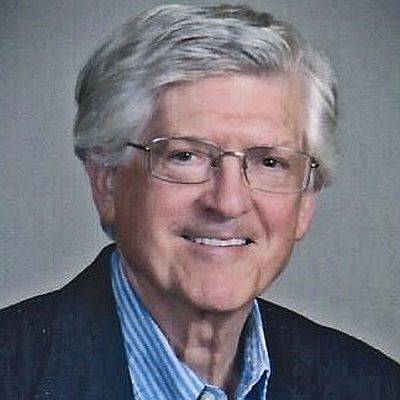When I attended high school and college during the 1950s, about half of all Americans regularly attended church services on Sunday. Today, according to a recent poll, the figure is 22 percent. And another 21 percent of Americans count themselves as being among the “nones,” those who don’t identify with any religion.
The Pew Research Center has consulted 1,300 of the “nones” as to their reasons: Sixty percent replied that they questioned “a lot of religious teachings.” Other options checked included opposition to the social and political issues taken by churches (49 percent), dislike of religious organizations (41 percent), do not believe in God (37 percent) and religion irrelevance (36 percent).
These statistics show that Christianity has been declining rather rapidly in the United States, particularly among the young. But to identify diminishing interest in church membership and attendance hardly suggests that religion is unimportant. Whether they attend or not, super-majorities of Americans recognize that churches are instruments of good.
Throughout the country churches supply food banks for the needy, run youth clubs and host seminars on retirement, health and family matters. Both Protestant and Catholic churches operate schools, hospitals, colleges and universities. So deeply are churches and religious institutions engaged in the life of communities that the Pew Research Center, surveying the United States and two dozen other countries, reveals that “people who are active in religious congregations tend to be happier and more civically engaged than either religiously unaffiliated adults or inactive members of religious groups.”
Churches offer opportunities to celebrate life and pray together. Memorial services are often held there, where ministers, music and friends help ease the sadness of those who mourn. It’s meaningful to observe how in times of local or national tragedy church doors open widely, welcoming all comers.
All this may not register fully with the surging rise of the “nones.” They want not only spirituality to matter but matter to matter.
Eminent scientists that have weighed in on religions and God frequently come across as negative. Popular American astrophysicist and science commentator Neil deGrasse Tyson, for example, can be heard online saying that “God is an ever-receding pocket of scientific ignorance that’s getting smaller and smaller and smaller as time moves on… (and) is eventually going to become obsolete because the idea of God explaining what we don’t know gets less valid the more we learn.”
A recent attempt to put Christian faith on stronger pillars, with at least a nod to modern scientific understanding, comes from Richard Rohr, a widely recognized Franciscan priest and founder of the Center for Action and Contemplation in Albuquerque, New Mexico. His “orthodox Franciscan” reading of scripture leads him to distinguish “Jesus” from “Christ.”
Reference often is made to Jesus Christ, but Rohr’s research suggests that Christ is not Jesus’s last name: “Christ is God, and Jesus is the Christ’s historical manifestation in time.” Jesus is limited and earthbound, whereas Christ is unlimited and cosmic. He can then say that “Jesus Christ is the amalgam of matter and spirit.” It teases us into a panentheistic world where the divine intersects everything, yet is infinitely more besides.
Some of those with strong materialistic and scientific motifs in their worldview believe that energy is the unifying paradigm incorporating religion, science and philosophy. We think of gravity, force fields, electromagnetic waves, photosynthesis – energy.
Rohr’s view is that Christ is the energy, the spark that lit up what is known as the universe. A theologian can offer such an explanation. But the most eminent physicists cannot prove precisely what caused the Big Bang, for no one has been able to peer back 13.8 billion years. Sophisticated mathematical models have been put forward, but indisputable evidence remains missing.
Not everyone will follow Rohr’s theology. One reason will surely be that our categories of thought are not adequate to deal with transcendent realities. An inner awareness of a greater power is the ground upon which believers must stand.
Ron Lora, a native of Bluffton, is professor emeritus of history at the University of Toledo. Contact him at [email protected]. His column does not necessarily reflect the opinion of The Lima News editorial board or AIM Media, owner of the newspaper.







